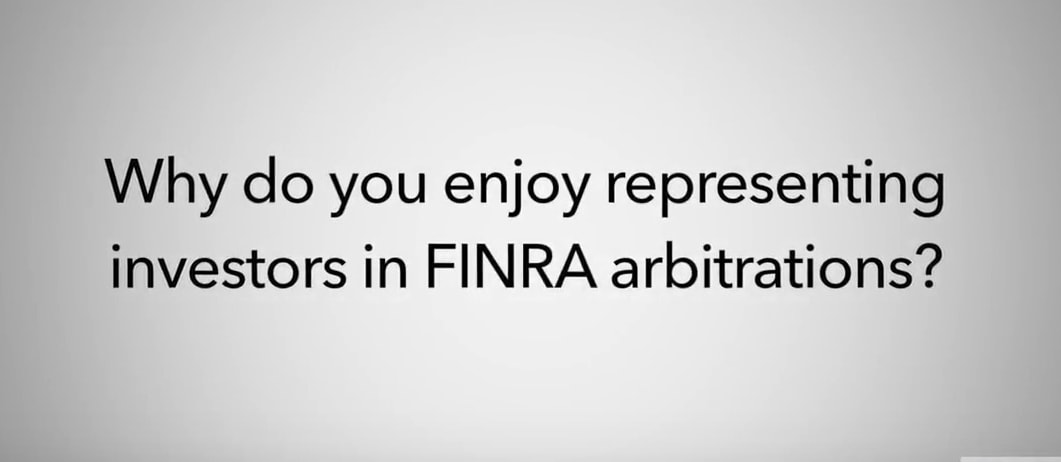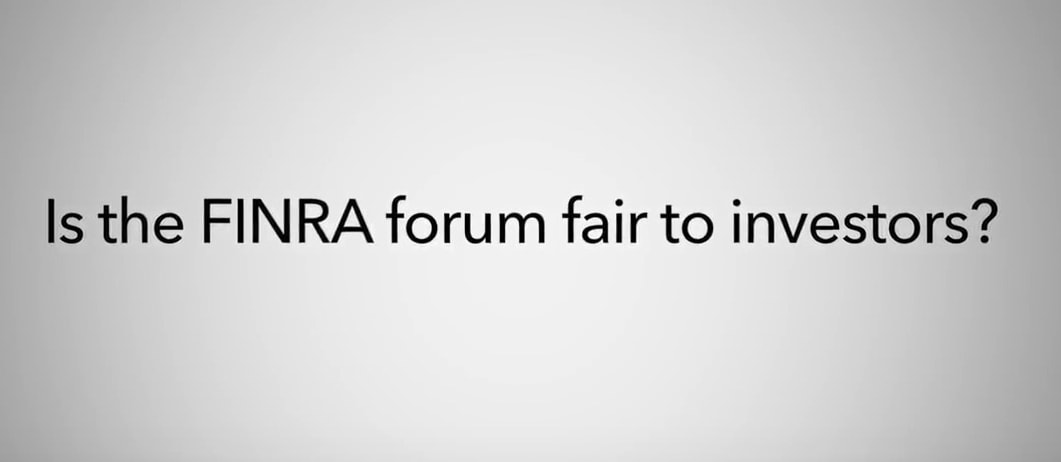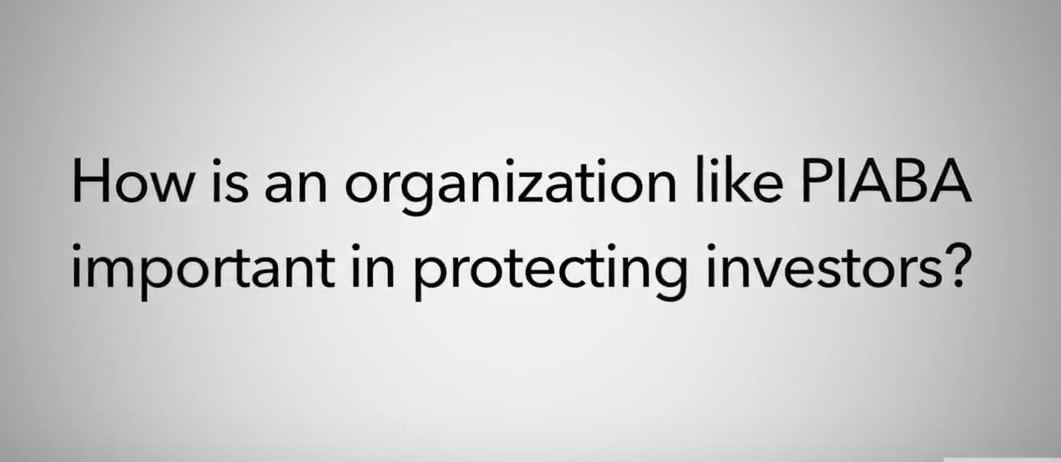School Law

School principals and administrators often take it upon themselves to investigate and prosecute cheating
scandals that don’t exist. In this day and age of advanced information technology capabilities both
students on the one side, and administrators and prosecutors on the other side, have many options for
researching, copying and sharing educational and testing materials in ways that simply weren’t available
a generation ago. Oftentimes the clearly innocent and earnest efforts of students are seeking to learn
and prepare for testing on route to the college of their choice are faced with the various studying
resources freely available on the internet. At the same time, school administrators have failed to keep
up with these resources and have failed to provide proper written policies, procedures and guidance to
diligent students merely seeking to get ahead.
Principals and administrators seeking to make a name for themselves have been known to create alleged
cheating scandals where none exist. Many students have been branded as cheaters after a cursory rush to
judgment pursued by school administrators who have failed to afford students the presumption of
innocence they are entitled to.
The Education Law of the State of New York requires that a finding of guilt in student disciplinary
proceeding be proven competent and substantial evidence – something which is oftentimes lacking in
alleged academic dishonesty prosecutions. Principals and administrators often rely on alleged admissions
made by students when in fact no such admissions have been made. Most Americans don’t realize that
school students, unlike adults or those standing accused in criminal proceedings, do not possess the
same due process rights accorded to those in the criminal arena and in other courts.
Fighting a claim of academic dishonesty and cheating can be a lengthy process which can include up to
five steps including: an informal conference with the Principal’s Office, an appeal to the
Superintendent of Schools, an appeal to the Board of Education, a proceeding and petition before
Education Department of the State of New York and an Article 78 Proceeding in New York State Supreme
Court. While this all sounds time consuming and expensive, it highlights the point that students
suspected of having engaged in academic dishonesty must move immediately to protect their interests.
From the very beginning, students are cautioned not to make any statements to school teachers, principals
or administrators in context of alleged cheating and plagiarism charges. Typically, the prosecution in
most instances will rely on, and indeed oftentimes concoct allegations of admissions having been made by
students. Students are advised not to answer any questions posed in the context of any alleged cheating
or plagiarism charges without first speaking to their parents and an attorney.
We offer a free initial consultation to students and parents of students alleged to have been engaged
in incidents of academic dishonesty, testing cheating and plagiarism. For a consultation contact the Law
Offices of Timothy J. O’Connor at (518) 426-7700.
More Videos
Have a Question?
Quick Contact
"*" indicates required fields
Recent
Blog Posts
- Securities Litigation
- Securities Brokerage Mediation
- Transfer on Death (TOD) and Death Beneficiary Accounts and the Perils of DIY Estate Planning
- A Successful Will Contest
- SEC Issues Required Investor Disclosures for Variable Annuities and Variable Life Insurance Contracts












